
Support truly
independent journalism
Our mission is to deliver unbiased, fact-based reporting that holds power to account and exposes the truth.
Whether $5 or $50, every contribution counts.
Support us to deliver journalism without an agenda.

Louise Thomas
Editor
What’s that, then?” Usually, I can answer that in one or two words. Maserati. New Astra. Korean Qashqai. Crazy Citroen. With the new KGM Torres, it’s a bit more complicated.
“It’s a SsangYong,” I say because that’s the name the South Korean brand used to be known by. They’ve changed it to KGM. But that’s a bit convoluted and invites more queries I don’t have the answer to (ie why), so I leave it there.
“Oh, so it’s the Samsung of the car world?”
“No, SsangYong, it’s different. Samsung do make cars, sort of Renaults, but this is a different company. Actually, it’s called KGM. KGM Torres”.
By that point my interlocutor, who’s not as invested in automotive curiosities as I am, wants to know how long it will take to get to the recycling centre (which is itself a rebranded tip). “However long, we will be in comfort” is my guarantee.
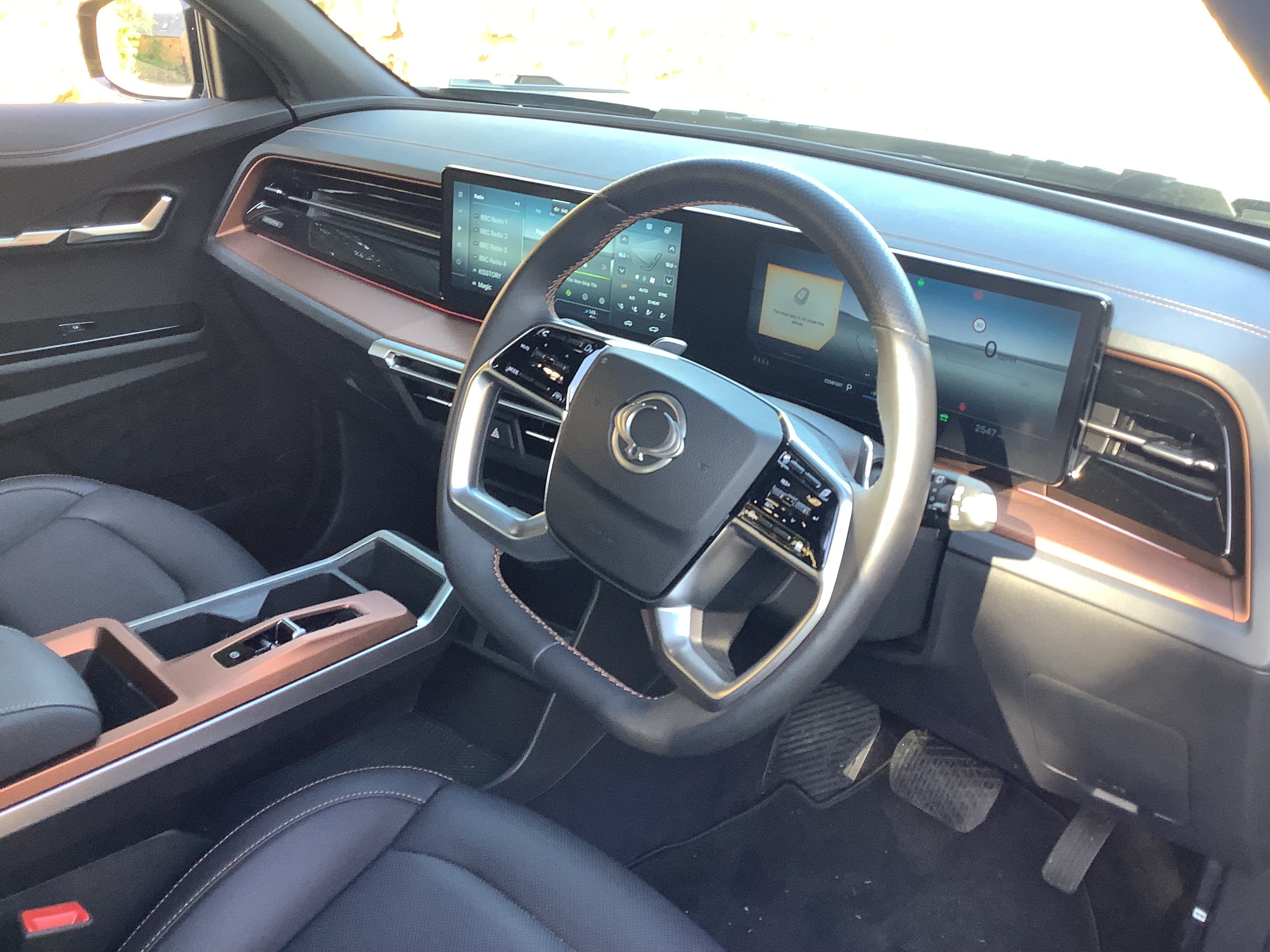
Just to fill you in, SsangYong has had such a rough time financially over the past couple of decades and been bought and sold successively by General Motors of America, Shanghai Automotive of China and Mahindra of India that its present owners, KGM (Korean Green Mobility), dumped the SsangYong name entirely.
What the Torres actually is a slightly old-school SUV, which places comfort first. It comes with a petrol engine or as a pure battery electric vehicle (ie no hybrids), the KGM Torres EVX.
Testing the internal combustion engine powered one back-to-back with the BEV simply highlighted how smooth and near-silent electric propulsion adds a sense of calm and stability, even serenity, to even the most unpromising of vehicles. Which, by the way, the Torres EVX is not.
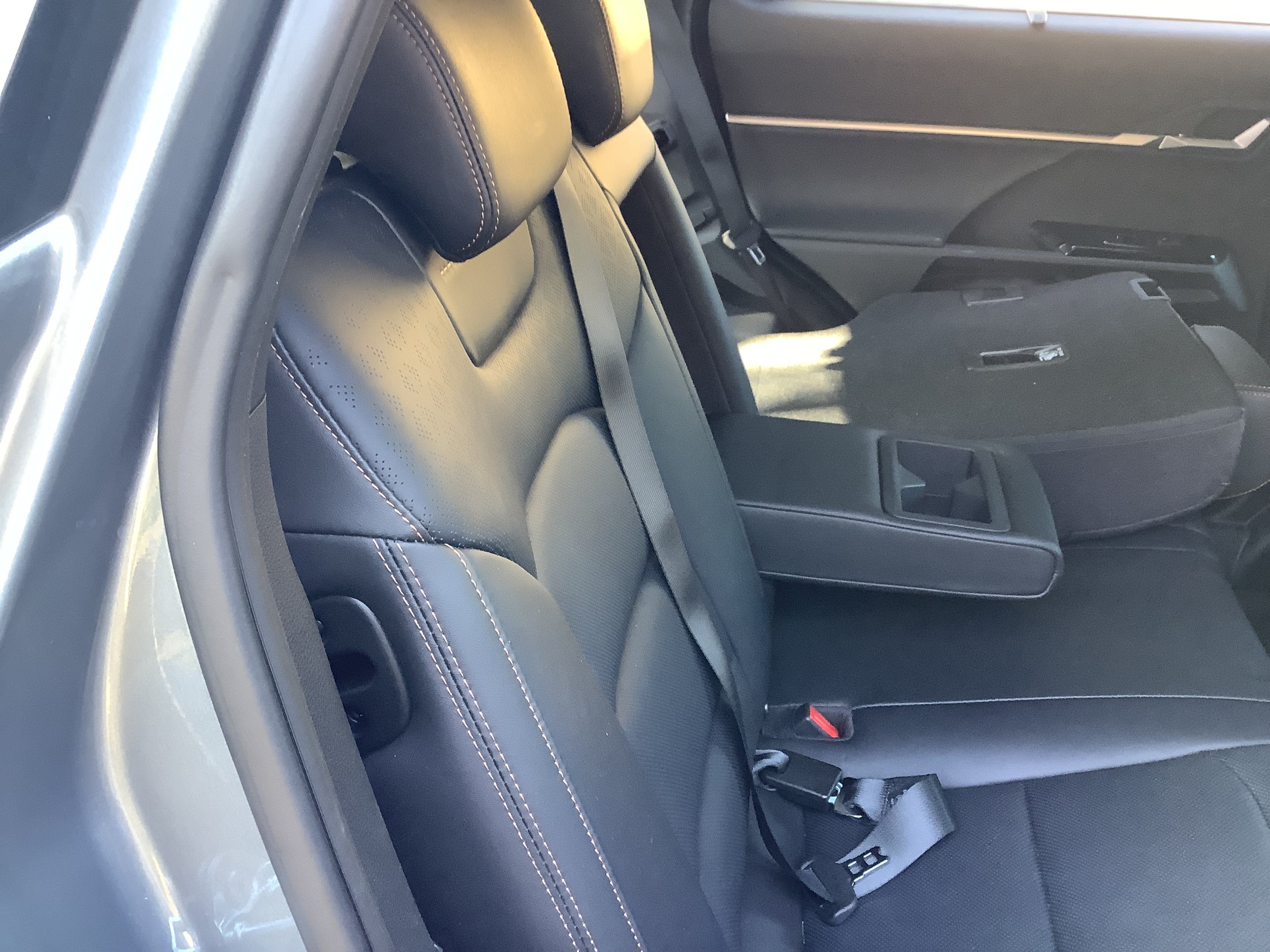
As I say, the ride is rather cosseting, considering the need to control the weight of the beast (2.4 tonnes laden with batteries, people and kit), and it can get around a corner at an improbable speed.
It’s very much like, say, an original Mercedes M-Class from the 2000s, or an early Kia Sportage – all fat tyres and a fantastic ability to treat speed bumps and potholes the way an Olympic show jumper deals with the fences, at a brisk gallop. Nothing to complain about there.
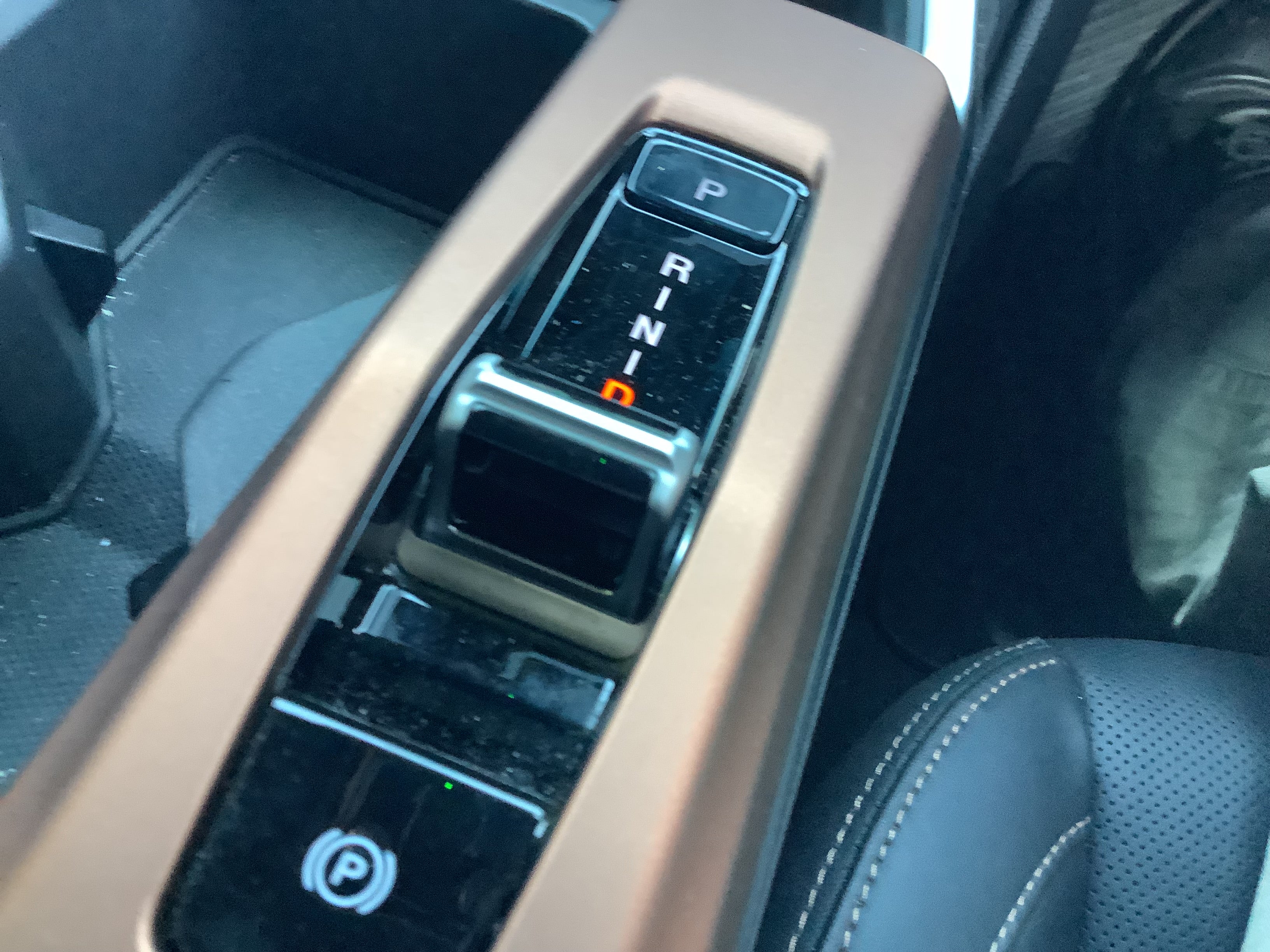
The design, in contrast to some visually challenging SsangYongs in the past, is a pleasant mash-up of Jeep, Toyota and Audi styling cues, and the slim front light bar with its six white LEDs give it the look of having dragon’s teeth (which is the origin of the SsangYong badge retained by KGM – a stylised winged dragon).
The boot is a little disappointing, I have to say, and smaller than say, a Skoda Enyaq (that’s with the rear seats folded flat).
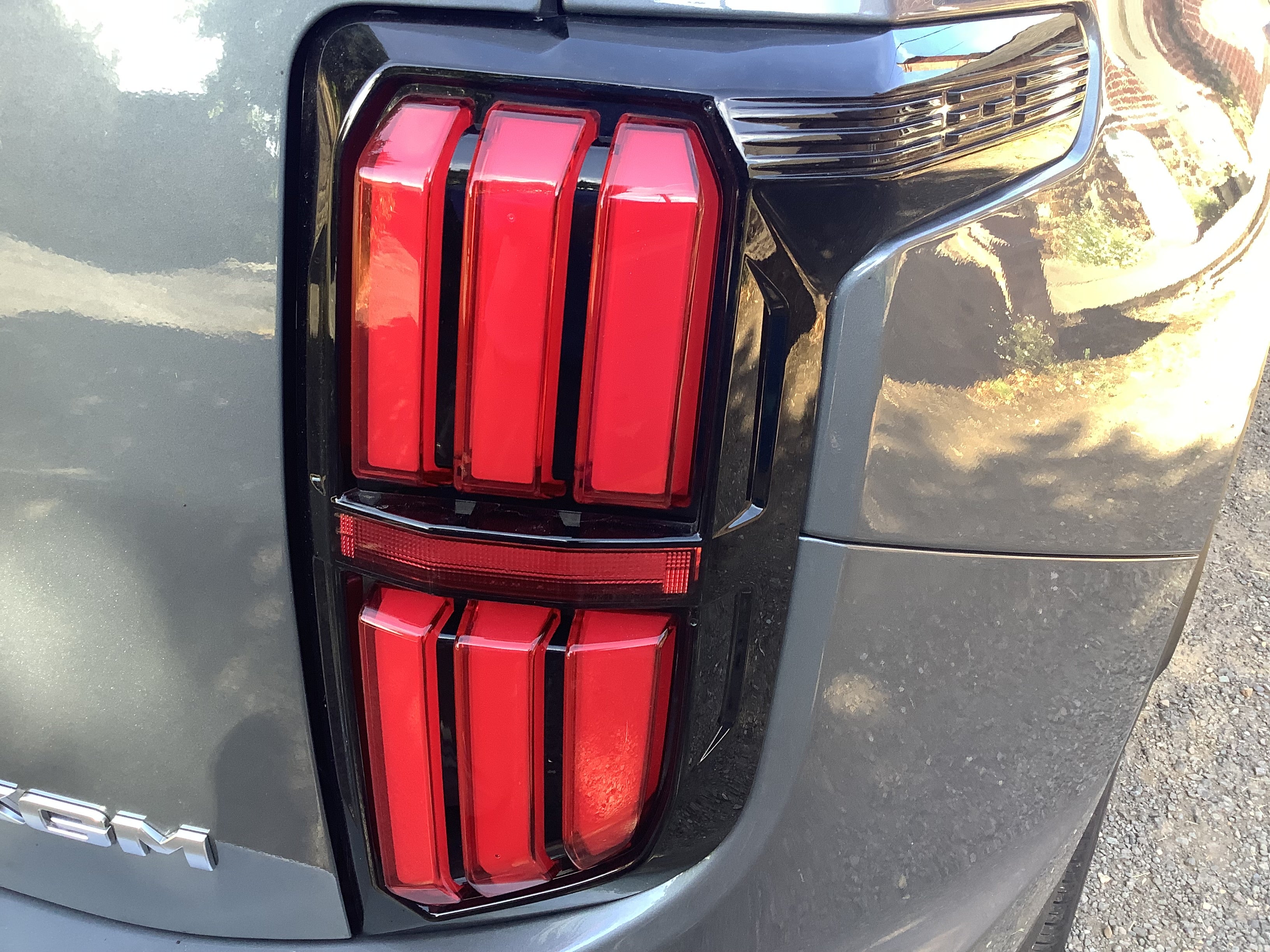
The cabin is similarly like something from a few years ago, ample comfy seats complemented by fairly straightforward controls and most of the usual kit, the only disappointment being the lack of a modern “heads up” display. On the other hand, the twin 12.3-inch touchscreens were extremely up to date, and the trim is all quite tasteful.
THE SPEC
KGM Torres EVX
Price: £47,495 (as tested, range starts at £38,080 for petrol version)
Propulsion: Single electric motor, powered by 72kWh battery
Power (hp): 204
Top speed (mph): 109
0-60 (seconds): 8.1
Economy (Wh/mile): 313
Range (miles): circa 230
CO2 emissions: 0
KGM wisely tuned to the Chinese BEV giant BYD (about the same size as Tesla, though not as famous yet in the West) for the latest battery technology, which deploys a novel method for arranging the battery cells, and is claimed to be incredibly safe, based on lithium iron phosphate and dispensing with cobalt for the cathode (good news for the planet and the kids digging the stuff up in the Democratic Republic of the Congo).
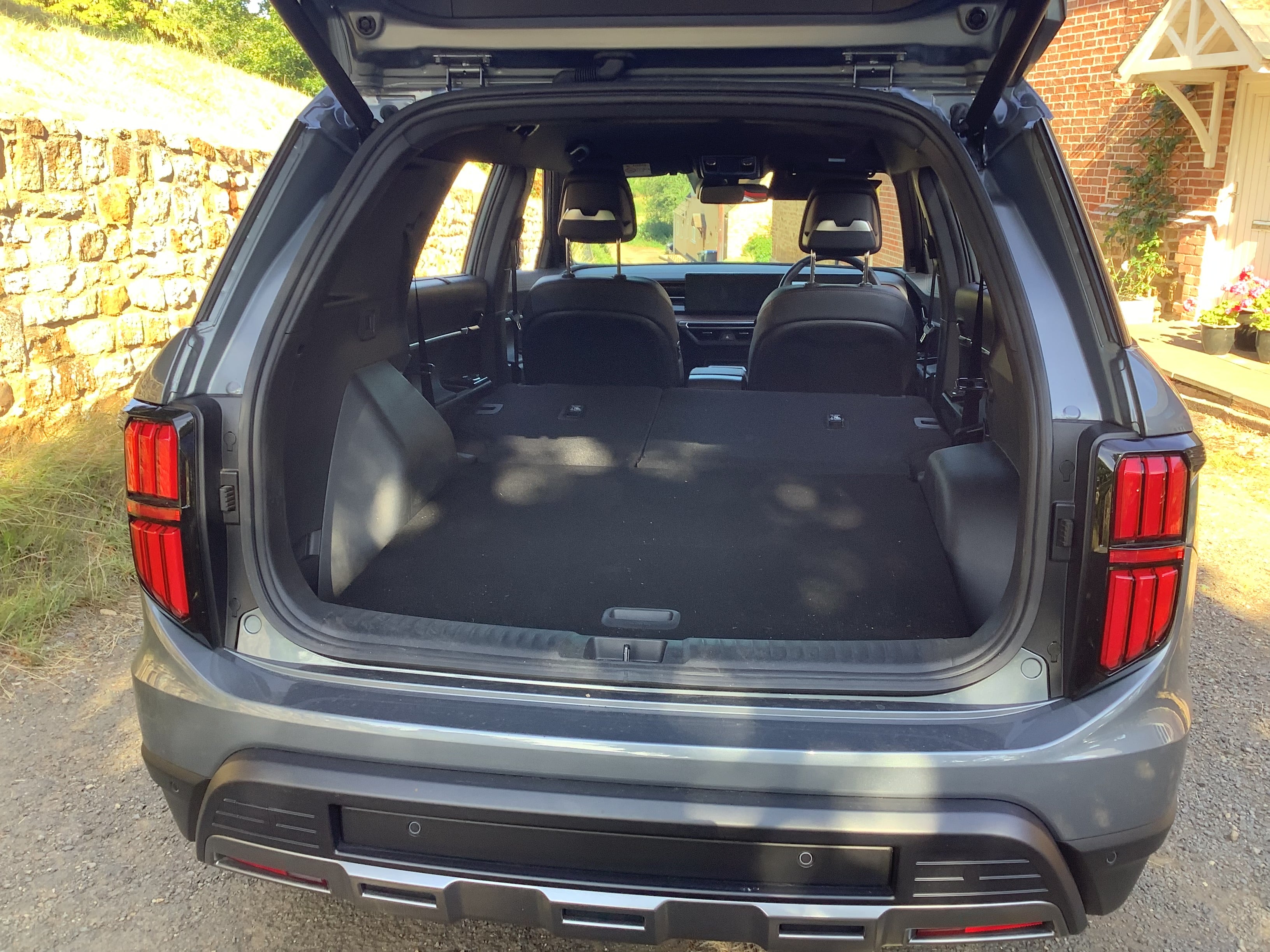
Now, I’ve got great respect for BYD and its technological prowess – it actually started in the battery business decades ago, before branching out into electric buses and cars.
However, on a like-for-like price basis, I find that the Skoda Enyaq – which costs the same and is a handy comparator, and makes no great fuss about its battery pack – has a wider real-world range (280 miles versus 230 miles), is more efficient (275Wh/mile versus 313Wh/mile), is more accelerative and powerful, and lighter.
My conclusion is that the Torres, a perfectly acceptable and “different” choice, ought to carry a cheaper list price if the company wants to make progress with what is still an obscure new brand.

I only had three quibbles with the Torres EVX. The more serious is that there is so much torque (low speed force) pumping into the front wheels that it’s quite easy to induce boy-racer-style wheel spin, though it’s easily dealt with. (There’s no four-wheel drive version, by the way).
The second is that there’s no knob for the radio, and third, it’s curiously slow to change stations.
On the whole, the Torres is a mostly competitive and interesting entrant in a very crowded field. But the next time someone asks me what it is I shall first of all say, “a bit too pricey”. It’ll save time.







